Proyecto Tití
Endemic to northwest Colombia, Cotton-top Tamarins (Saguinus oedipus) suffer from habitat destruction and poaching for the illegal pet trade. Most of the forests encompassing the species’ range have been destroyed in favour of farming or breeding land. According to the latest estimates, the few remaining patches of forest would be home to less than 7,500 cotton-top tamarins. The species has also been heavily used in US biomedical research laboratories which imported nearly 40,000 animals between the late 1960s and early 1970s.
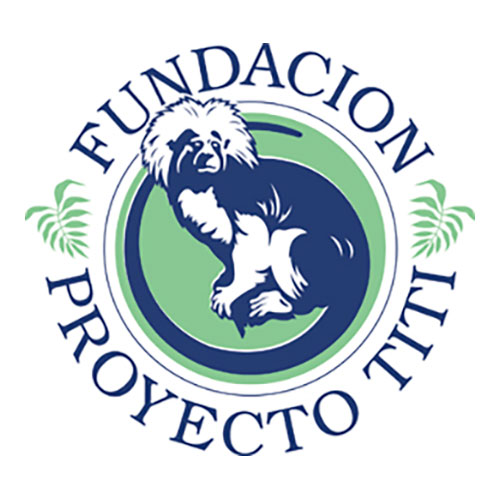
Since 1985 the Proyecto Tití has been developing a multidisciplinary conservation program combining on-the-ground research and monitoring, educational campaigns and community projects aiming to protect this small primate classified as “Critically endangered” on the International Union for Conservation of Nature's (IUCN) Red List.
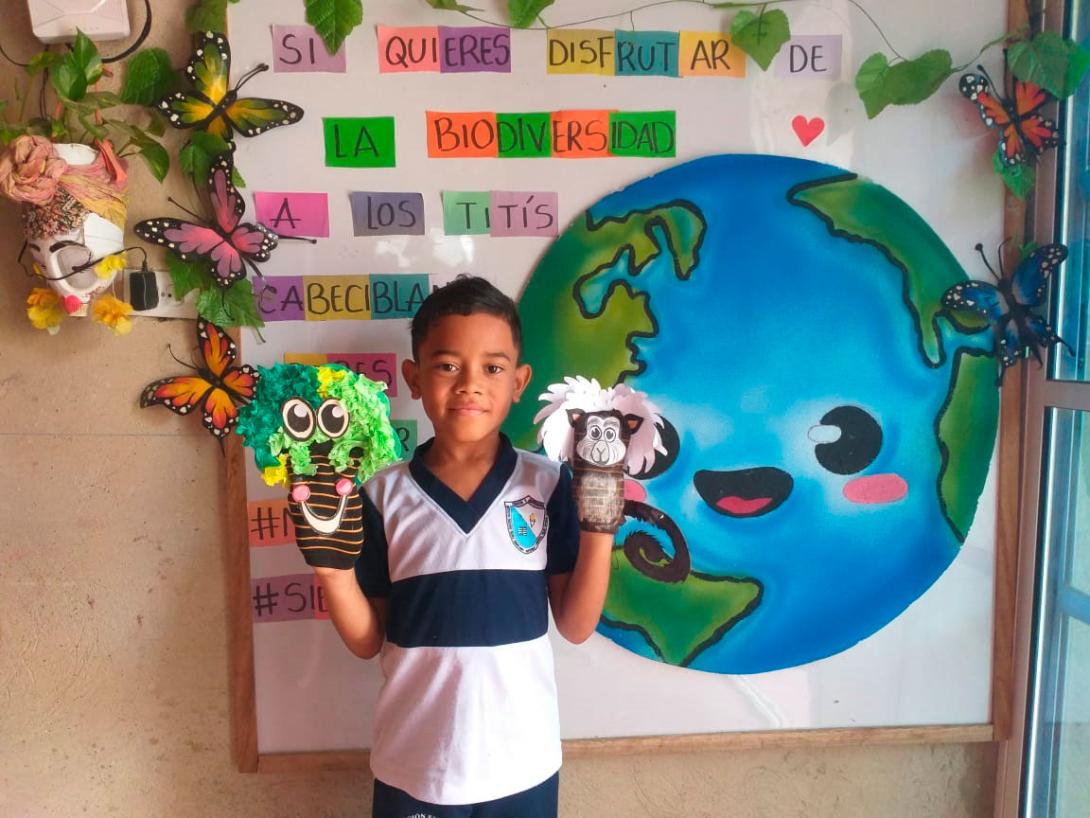
Research
The program has been studying the species at San Juan Nepomuceno and Santa Catalina for many years. Several groups of cotton-top tamarins are regularly monitored by researchers thanks to dye-marking techniques and to radio transmitters attached to the dominant male in each group. This process has already enabled the collection of a great deal of data on behaviour, feeding, breeding and rearing of the young.
Habitat protection
The program protects and reconnects patches of forest adjacent to Los Colorados National Park, a protected area that is home to one of the largest population of cotton-tops. Young plants propagated in Proyecto Tití’s tree nursery are transplanted into targeted reforestation areas owned by farmers who agree to dedicate part of their land to forest restoration. The corridors thus created provide food and shelter for the tamarins, facilitate their movements and the exchanges between the different populations.
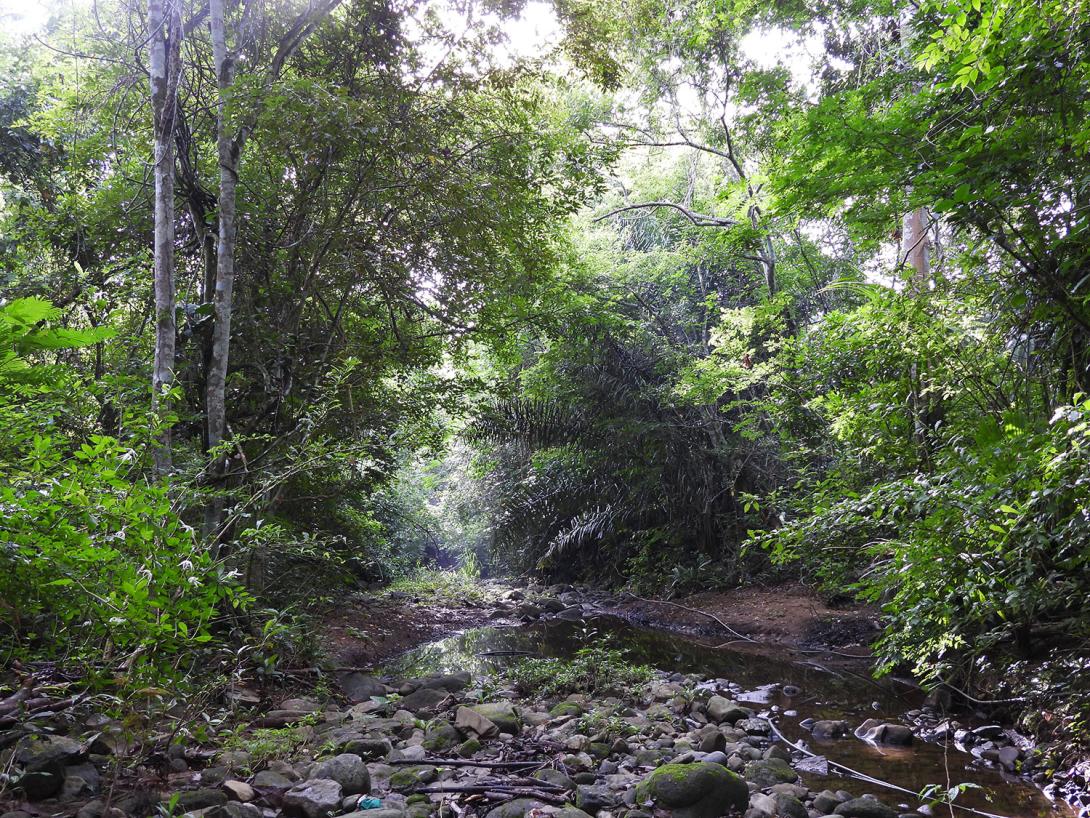
Education
Local conservation clubs have been created to engage children and teenagers with Cotton-top Tamarin protection. By taking part in edutainment activities, they become familiar with the lifestyle of cotton-tops, as well as their needs and the threats they face. Young people also learn to avoid waste, to recycle and become ambassadors for Cotton-top Tamarin conservation in their communities. The programme also collaborates with the Baranquilla Zoo to make its visitors aware of the problem of illegal hunting.
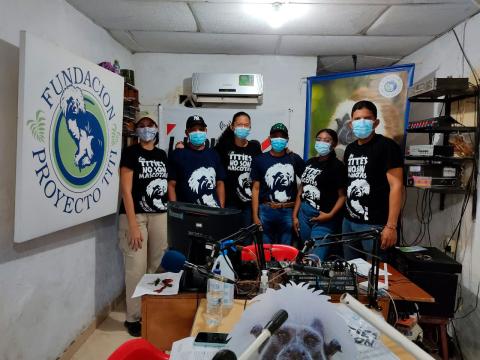
Environmental education © Proyecto Tití 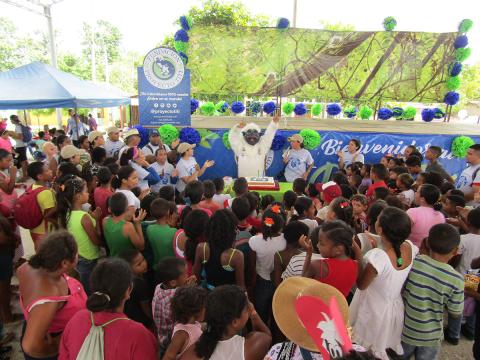
Environmental education © Proyecto Tití
Community development
The Proyecto Tití supports local communities in minimizing their impact on forests: it has trained them to food-cooking techniques that use less wood and to better agricultural practices. It also supports the creation of artisan cooperatives that make products using recycled materials: a women’s cooperative collects plastic bags and turns them into pretty, colourful traditional bags, which it sells. Another one is creating fence posts made from recycled plastic bottles and bags. This is a way of limiting the pollution of the environment and of creating an alternative revenue source for local communities.
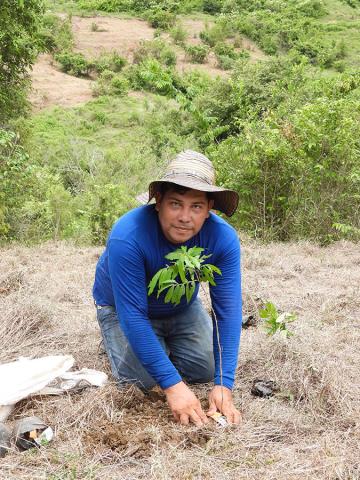
Reforestation © Proyecto Tití 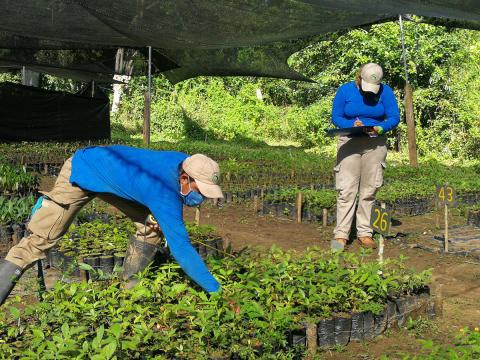
Tree nursery © Proyecto Tití
Palmyre Conservation has been funding the Proyecto Tití since 2010.